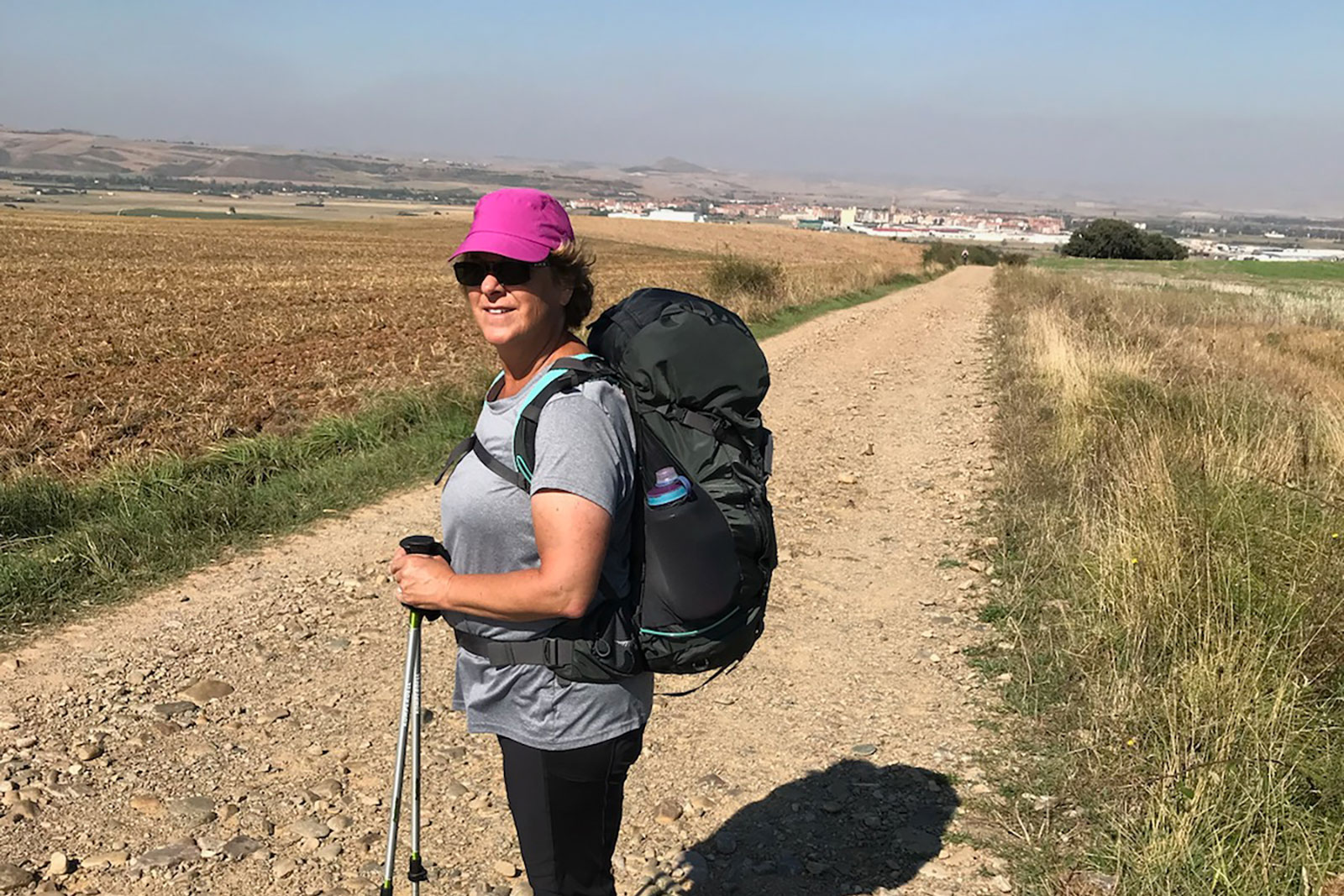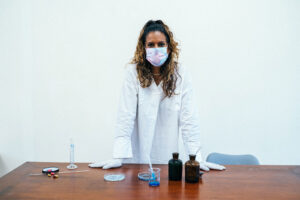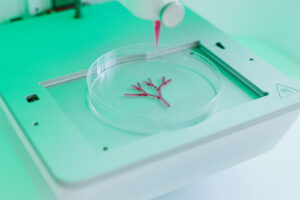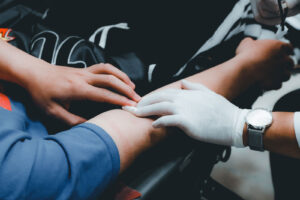As told to Taylor Novak
For information about breast density and breast cancer risk, visit mydensitymatters.org.
I was 55 and just kind of living my best life. I had a few part-time gigs I was doing, enjoying visiting my kids at college. We were empty nesters and doing well. Then I went to my 55-year-old checkup. And that’s when it all came down.
Now that I look back, I was maybe a little bit more fatigued and achy than I probably should have been. But being postmenopausal, I’m kind of like, ‘Oh, okay, this is what it feels like.’ And I think, personally, it does [feel like that], but maybe not to the magnitude that I was experiencing. So being postmenopausal, my doctor said, ‘Let’s get you a baseline bone density scan—a DEXA scan—to get a status on your bone density.’ That made sense to me and it was certainly easy enough to do. But the radiologist saw something weird in my bones, and that’s when we started to investigate.
From DEXA scans and X-rays and CT scans to multiple myeloma testing—that’s what it looked like having had a clear mammogram and a clear ultrasound literally two months before. No one was looking for cancer. Ultimately, the bone biopsy told the tale of what it was: breast cancer.
I’m probably at a medium to moderate risk for breast cancer. If I go back and I take the risk models as if I did not have breast cancer, I always come out medium to moderate risk, which honestly is where most of the breast cancers are diagnosed anyway. My mom did have [breast cancer], but she got it at 86. We have cancer in our family, not particularly breast cancer, but some ovarian, some liver. So, familial but not genetic. It didn’t sound the alarm for really anyone, including my doctors. “Family history” is overblown. That’s one of the first things everybody asked, but 80 percent or more of people with breast cancer have no family history. So, we can’t say, ‘Oh, since I don’t have any family history, I’m not going to get breast cancer.’ That is a myth.
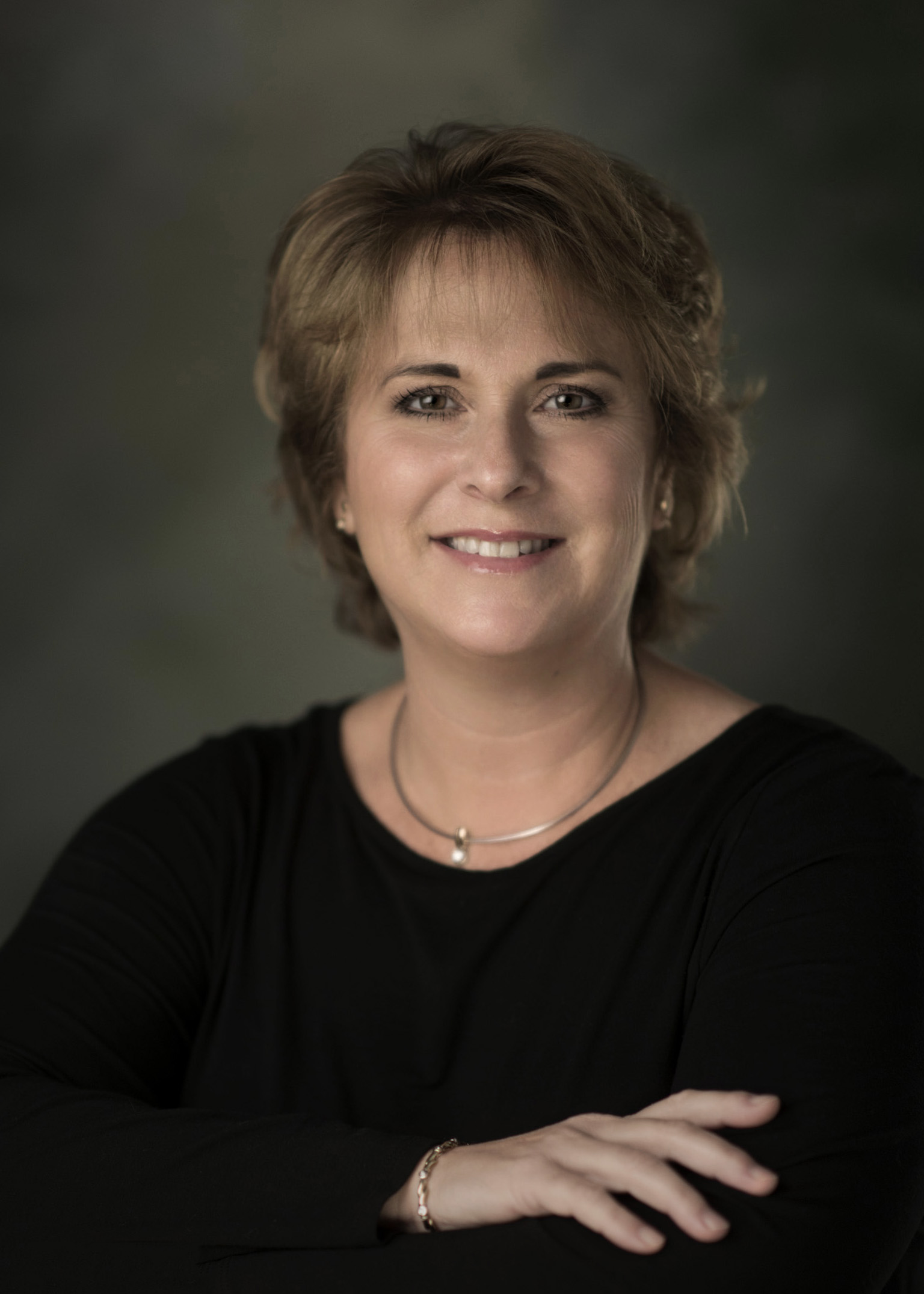
[The diagnosis] was devastating. And I was also confused because I thought, ‘How can this be? I just had a clear mammogram and ultrasound assessment. This doesn’t add up.’ We went to the Mayo Clinic for a second opinion and they did confirm the diagnosis. It’s then that I began to learn what is going on with breast cancer screening and breast density. Why aren’t we conditional screening people who have dense breasts? That sprouted my whole life mission to change breast cancer screening in this country.
I was diagnosed in November 2017, and then in May 2018, my husband and I celebrated our 40th anniversary. We decided to take a trip to Portugal. It was there that I saw people walking and learned about the Camino de Santiago pilgrimage. A lot of people start 500 miles away from the cathedral, just over the border of Spain, and walk all the way across the top of the state [in 40 days]. So that’s what I did. I obviously did that for personal reasons, but I also decided I wanted to raise money. I wound up getting about $110,000 for a study that they’re doing at the Mayo Clinic called ‘Density Matters’ on the new breast cancer screening technology called molecular breast imaging.
After that, I wrote my book, “Probably Benign.” I wanted to gather my thoughts on the Camino de Santiago walk and also the current state of affairs with breast cancer screening and how we can do better. After the book came out, I created the My Density Matters website. And now, a year after that, I’ve decided to create my own not-for-profit organization called My Density Matters that is going to carry the force of this message.
One big thing that we did last February and that we will do annually is have a big social media blitz, ‘Find Out My Breast Density Day.’ Last February, we got like 750,000 social media views on the message. Next year, we want bigger and better.
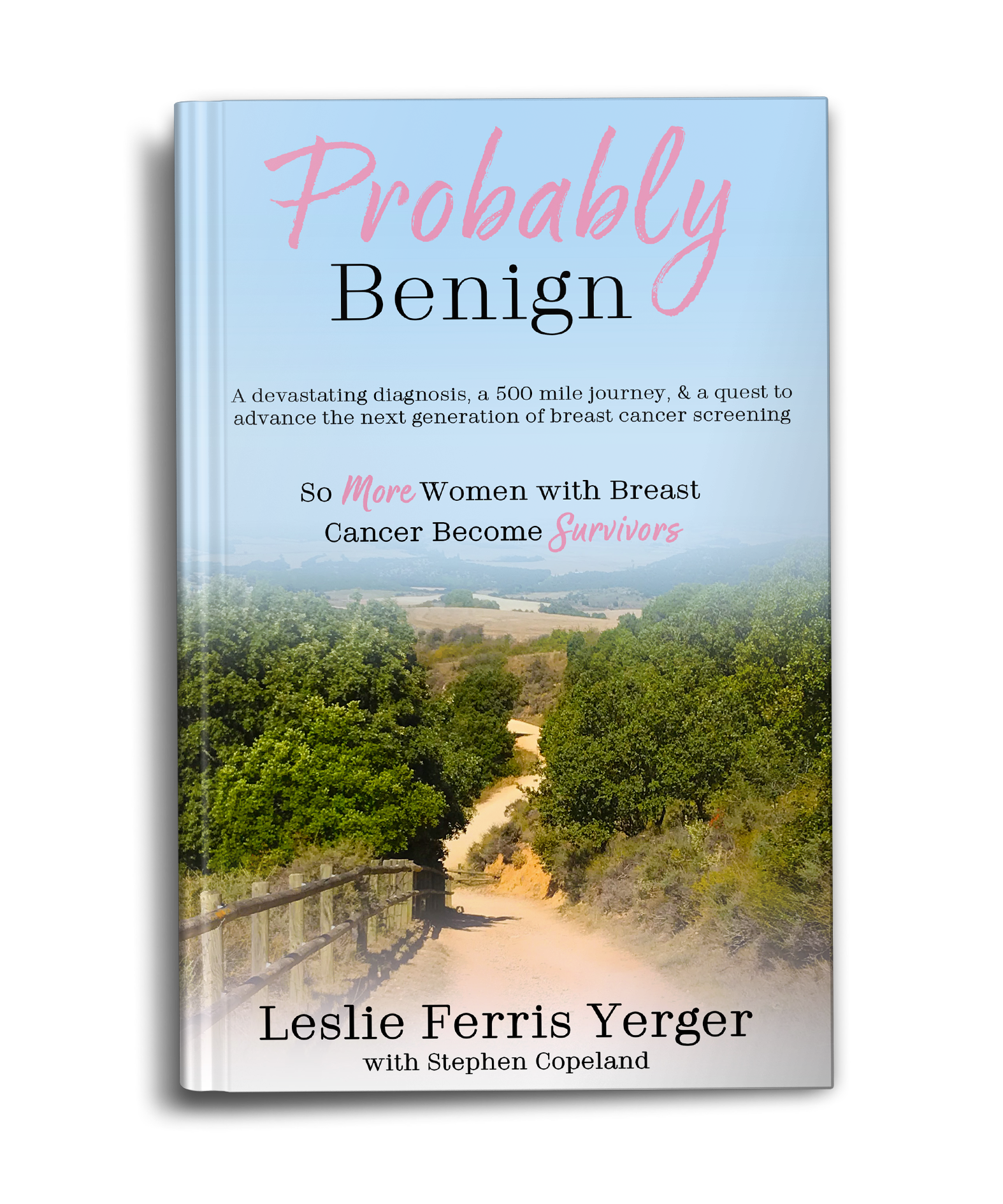
I don’t like the word “awareness.” It’s passive. We want action. I want people to learn their density, and then do something about it. If you’re talking to your doctor about additional breast cancer screening, look at the website and look at all the screening options that are out there. We now have on our website a list of countrywide molecular breast imaging sites, both abbreviated MRI sites and ABUS sites. If you’re getting resistance from your doctor or you know what it is you think you want, you can know where to get it if you go to our website.
Awareness is good, and action gets the job done. We’re all about women doing things. Everything that we talk about has to do with doing something about your density, not just knowing it.
Unfortunately, there’s no standard around what to do about breast density, not even after all the advocacy the other great organizations have done. Most doctors are going to go with whatever the standard is, and you have to fight to get something different, better, more. We have to take matters into our own hands. We’ve got to take charge. And so that’s what we are empowering women everywhere to do. Take charge because it is not being done for us adequately enough.
Find out your breast density. Learn your options and insist and persist so you get what you need and what you deserve to have. That may not be what your doctor tells you. You have to be your own first advocate. Until it becomes a standard, we’ve got to do it ourselves. Our vision, you know, the dream, the grand plan, is I want every woman to have the breast cancer screening that she actually needs, regardless of social or economic situation. We’ve got a long way to go, but I do think that we can get there.
For information about breast density and breast cancer risk, visit mydensitymatters.org.

